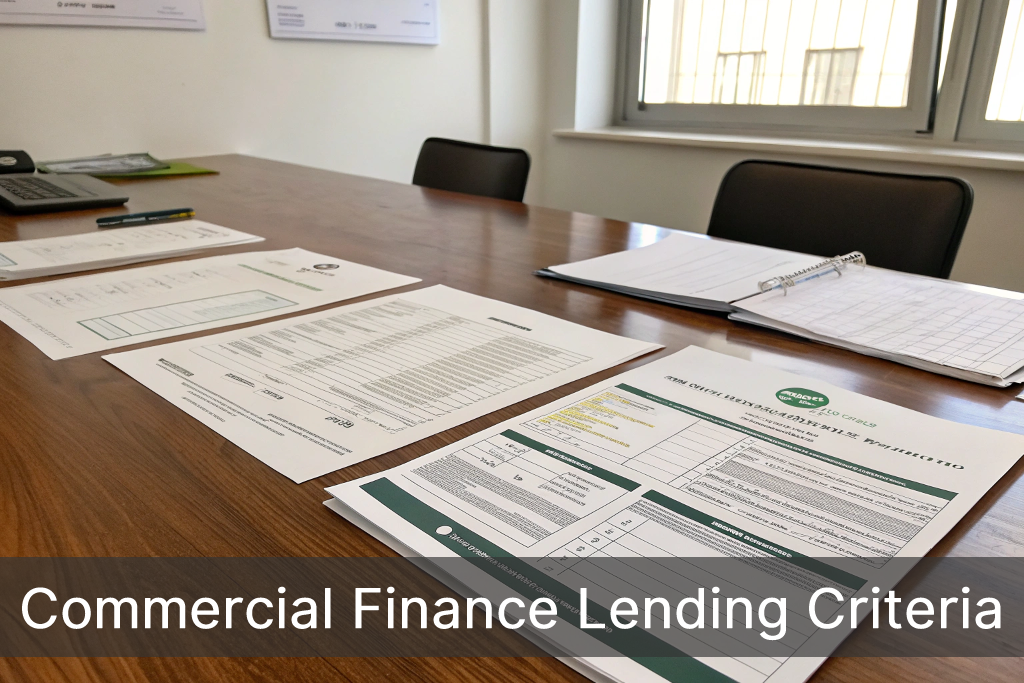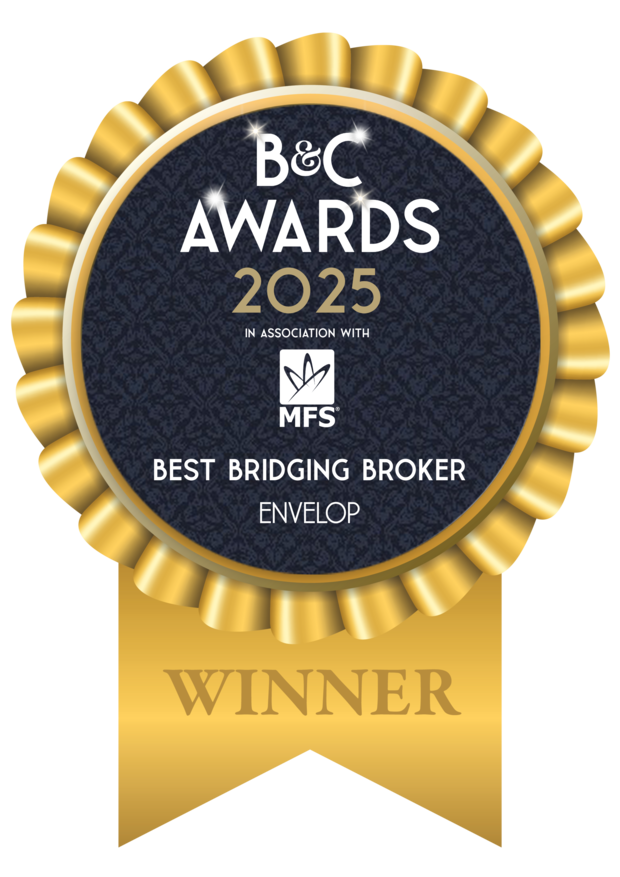Commercial Finance Criteria

We understand what lenders are looking for
Before you apply for funding, it’s essential to understand the key commercial finance criteria that lenders use to assess your commercial mortgage application.
We guide you through the requirements, so you know exactly where you stand, and how to strengthen your position.
Whether you’re seeking a commercial mortgage, development finance, or bridging loan, understanding lender expectations is half the battle.
Typical commercial finance criteria includes:
Property type and value:
Lenders assess whether the security asset is suitable and holds sufficient value. Properties with stable usage (e.g. offices, industrial, retail units) are often more favourable than speculative or unusual assets.
Loan-to-Value (LTV):
This is the percentage of the property’s value you wish to borrow. Most lenders offer up to 70–75% LTV, though this can vary. Lower LTV generally means better rates.
Business performance or income:
If you’re trading from the premises, lenders will assess your turnover, profitability, and cash flow. For investment properties, rental income and lease agreements will be key.
Credit history:
Your business and personal credit profile both matter. Clean credit is ideal, but we also work with lenders who accept adverse credit under the right conditions.
Deposit or equity:
You’ll usually need a minimum deposit for a commercial mortgage (or equity, if refinancing). This shows commitment and reduces lender risk.
Experience and background:
For development or investment deals, prior experience in property can boost your chances of approval, especially on complex or high-value cases.
Repayment strategy:
Whether you’re opting for interest-only or capital repayment, lenders want to see that your repayment plan is sustainable and realistic.
What is the commercial finance criteria?
Commercial finance criteria refers to the standards and conditions lenders use to assess risk and decide whether to approve your application.
These include financial performance, property value, business background, credit history, and the strength of your proposal.
Each lender has slightly different rules, but most follow a core set of commercial mortgage lending criteria that we can help you navigate.
Additional factors that influence lending decisions:
- Type of business and sector risk
- Tenant profile and lease terms (for investment assets)
- Planning permissions or restrictions (where applicable)
- Location, some lenders favour major cities or growth areas
Our team has years of experience structuring deals that satisfy both mainstream and specialist commercial finance criteria. If there’s a viable way to get your funding approved, we’ll find it.
We help you align your application with the relevant commercial finance criteria, giving your deal the best possible chance of success.
Why commercial finance criteria matters
If your proposal doesn’t meet basic lending criteria, it’s likely to be delayed or declined. We remove that risk by reviewing your position early and advising on how to strengthen your case.
We don’t just submit commercial mortgage applications, we package deals that meet lender expectations, explain any weaknesses, and highlight the strengths of your deal.

Types of mainland UK securities allowed for commercial mortgages:
Warehouse
Land
B&Bs
Restaurants
Offices
Pubs
Shops
Industrial units
Care homes
Who can apply for a commercial mortgage?
Individuals
Sole Traders
LLPs
Partnerships
Limited Companies
Employed and self-employed applicants
Expats and non-UK residents
Pension funds
Charities and trusts
Want to know more about commercial mortgages & finance?
Criteria
FAQs
Calculator
Application
Speak to our team today
Want to know if you meet current commercial finance criteria? Or need guidance on what lenders are looking for in today’s market?
Get in touch with the team, and make sure your next move starts with clarity. Commercial funding made clear.



